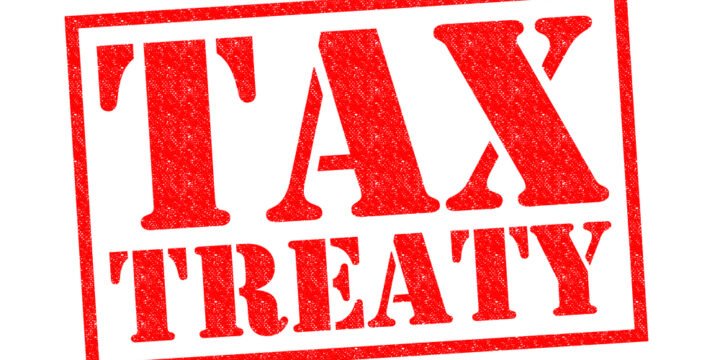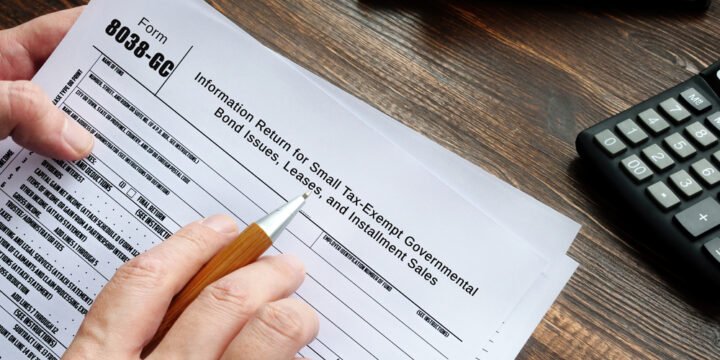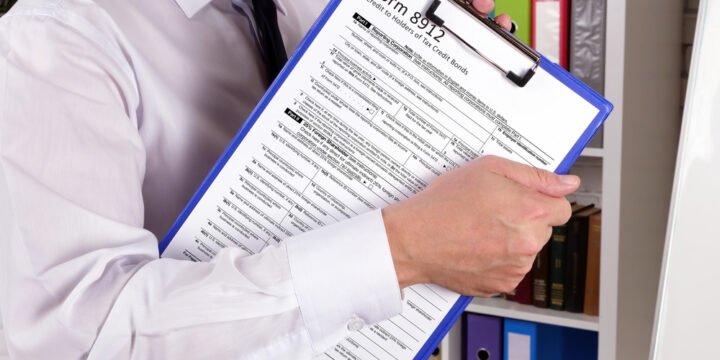
Adding Shares of a DISC to a Roth IRA in Excess of the Statutory Limits- Clever or Unseemly?
By Anthony Diosdi IntroductionCongress designed domestic international sales corporations (“DISC”) to incentivize companies to export their goods by deferring and lowering their taxes on export income. Here is how the tax incentive work; The exporter avoids corporate income tax by paying the DISC “commissions” of up to 4 percent or 50 percent of net income from qualified exports. The DISC pays no tax on its commission income (up to $10,000,000), and may hold onto the money indefinitely, though the DISC shareholders must pay annual interest on the shares of the deferred tax liability. See IRC Section 995(f). Once the DISC has assets at its disposal, it can invest them, including through low-interest loans to the export company. See 26 C.F.R. Section 1.993-4. Money and other assets in the DISC may…








